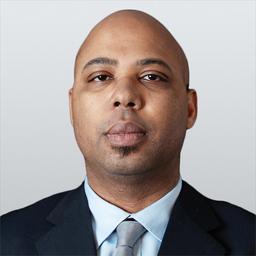WASHINGTON—Federal health agencies have started terminations recently announced by Department of Health and Human Services (HHS) Secretary Robert F. Kennedy Jr., employees said on April 1.
One person who has worked for the federal government for decades said she and co-workers regularly worked more than 10 hours a day and were surprised on the morning of April 1 to find they were unable to enter their workplace.






